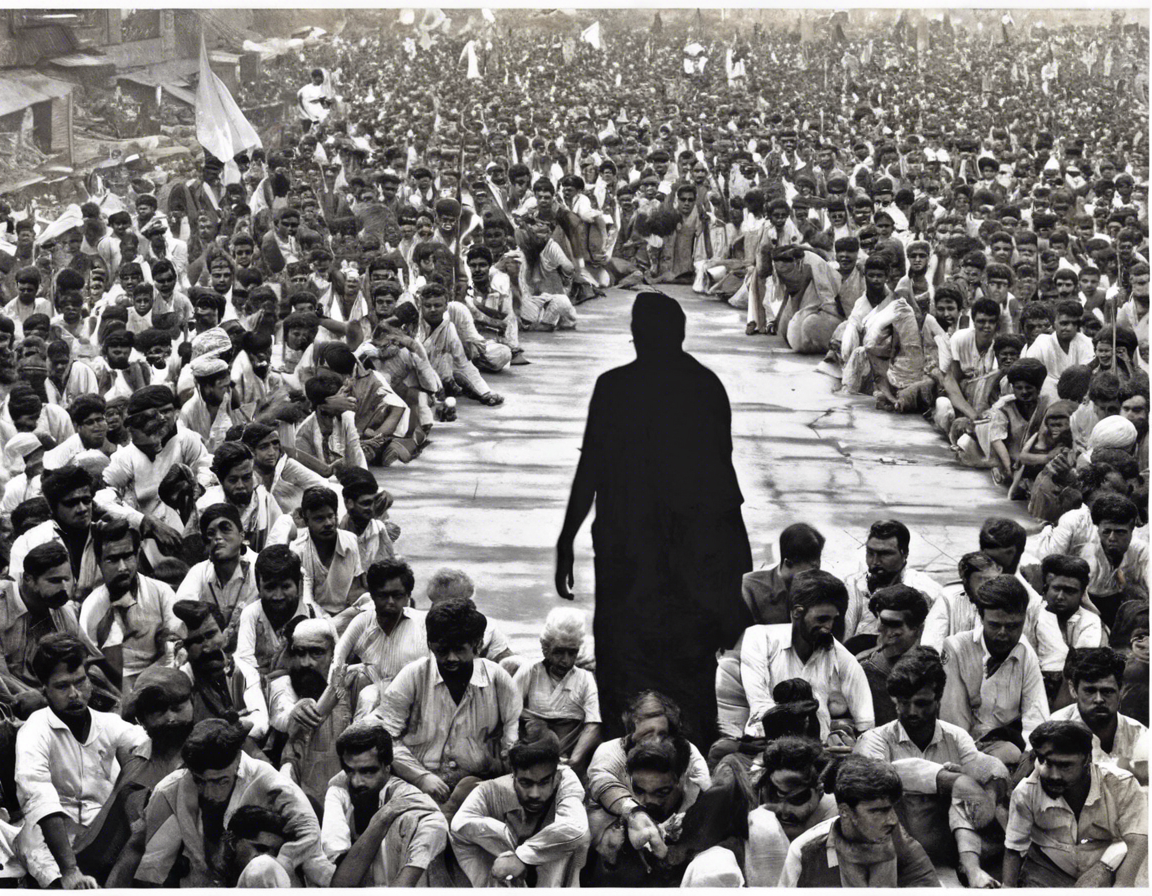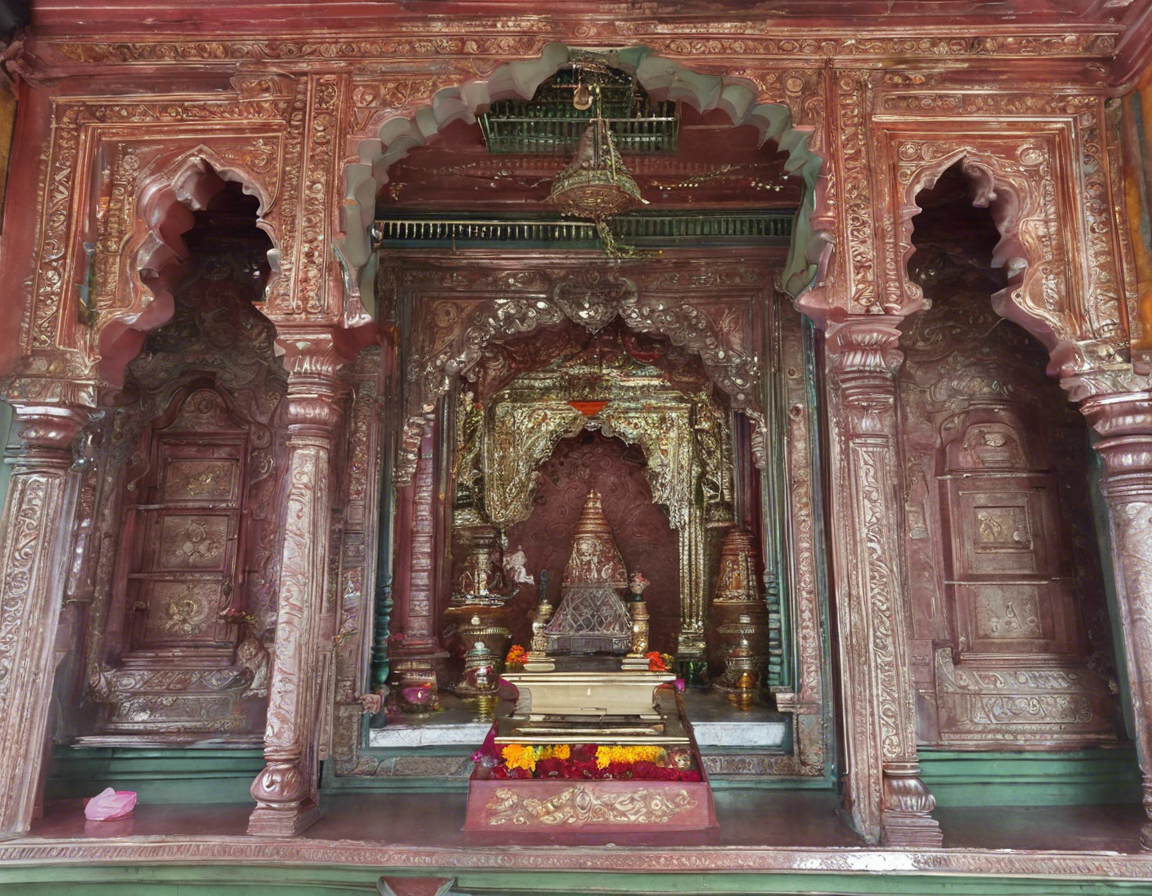Introduction
India, a land of diverse cultures, languages, and traditions, has a rich history marked by both triumphs and tragedies. One such dark chapter in India’s history is the Black Day, a stark reminder of the horrors of partition and the impact it had on millions of lives. As we reflect on this tragic event, it is crucial to remember the lives lost, the pain endured, and the lessons learned from this period of turmoil and bloodshed.
The Background of Partition
India’s partition in 1947 was a momentous event that forever altered the course of history for the Indian subcontinent. The British, who had ruled India for nearly 200 years, decided to divide the country into two separate nations: India and Pakistan. This decision was based on religious lines, with Pakistan becoming a homeland for Muslims and India remaining predominantly Hindu. The partition, however, was hastily executed, leading to widespread violence, mass migrations, and the largest human displacement in history.
The Black Day: August 14-15, 1947
August 14-15, 1947, marked the official transfer of power from British colonial rule to the newly created nations of India and Pakistan. While it was a moment of celebration for some, for many others, it was a day of unspeakable horror and tragedy. The partition led to communal riots, massacres, and atrocities on an unprecedented scale, as people turned against their neighbors, friends, and even family members in the name of religious identity.
The Human Cost of Partition
The human cost of partition was staggering, with estimates of the death toll ranging from hundreds of thousands to over a million. Women were subjected to unimaginable violence, including abduction, rape, and forced conversions. Families were torn apart, with many never reuniting again. The trauma of partition still haunts the collective memory of both India and Pakistan, as survivors and their descendants grapple with the legacy of this tragic event.
Lessons Learned
As we remember the Black Day of India, it is essential to reflect on the lessons learned from this dark chapter in history. The partition serves as a stark reminder of the dangers of divisive politics, communal hatred, and the dehumanization of “the other.” It underscores the importance of promoting unity, tolerance, and understanding among diverse communities, as we strive to build a more inclusive and peaceful society.
The Legacy of Partition
The legacy of partition continues to shape the social, political, and cultural dynamics of India and Pakistan to this day. The scars of partition are still visible in the ongoing conflicts, border disputes, and nationalist sentiments that divide the two nations. However, there have also been efforts to promote reconciliation, dialogue, and people-to-people exchanges, as a way to heal the wounds of the past and move towards a more peaceful future.
Remembering the Victims
On this solemn occasion, it is important to honor the memory of the victims of partition, whose voices were silenced, and whose stories were forgotten. By acknowledging their suffering, we pay tribute to their resilience and courage in the face of unimaginable adversity. We must ensure that their sacrifices are never in vain and that their experiences are never repeated in the future.
Conclusion
The Black Day of India remains a somber reminder of the tragedies of partition and the profound impact it had on millions of lives. As we reflect on this dark chapter in history, let us commit to promoting peace, justice, and reconciliation, as we strive to build a more inclusive and compassionate society for future generations to come.
FAQs
- What led to the partition of India in 1947?
-
The partition of India in 1947 was a result of British colonial policies that divided the country along religious lines, creating India for Hindus and Pakistan for Muslims.
-
How many people were displaced during the partition?
-
It is estimated that millions of people were displaced during the partition, making it one of the largest human migrations in history.
-
What were some of the consequences of partition?
-
The partition led to communal violence, mass killings, and the displacement of millions of people, leaving a lasting legacy of trauma and division.
-
How did the partition impact India and Pakistan’s relations?
-
The partition created lasting tensions and conflicts between India and Pakistan, including territorial disputes and cross-border hostilities.
-
Are there any efforts to promote reconciliation between India and Pakistan?
- There have been initiatives to promote dialogue, people-to-people exchanges, and cultural diplomacy between India and Pakistan as a way to promote peace and understanding.

